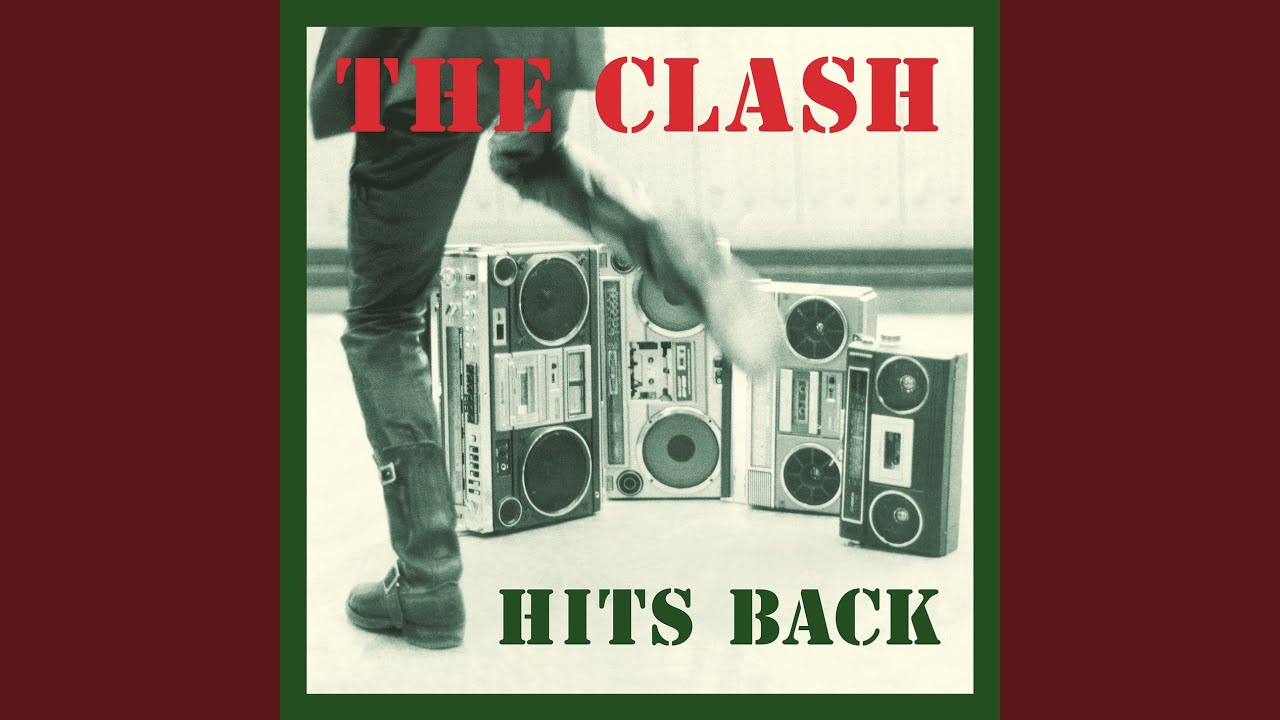- cross-posted to:
- music
- cross-posted to:
- music
This song was one of Joe Strummer's favourites. He continued to play it live with his new band The Mescaleros and it was played at his funeral.
[...]
The song showed considerable musical and lyrical maturity for the band at the time. Compared with their other early singles, it is stylistically more in line with their version of Junior Murvin's "Police and Thieves" as the powerful guitar intro of "(White Man) In Hammersmith Palais" descends into a slower ska rhythm, and was disorienting to a lot of the fans who had grown used to their earlier work.
“The music is a mixture of the reggae influence and punk, and was the next step after Police And Thieves” (Mick Jones, The Clash). "We were a big fat riff group", Joe Strummer noted in the Clash's film Westway to the World. "We weren't supposed to do something like that." "(White Man) In Hammersmith Palais" starts by recounting an all-night reggae "showcase" night at the Hammersmith Palais in Shepherd's Bush Road, London.
[It] was attended by Joe Strummer, Don Letts and roadie Roadent, and was headlined by Dillinger, Leroy Smart and Delroy Wilson. Strummer was disappointed and disillusioned that these performances had been more "pop" and "lightweight" similar to Ken Boothe's brand of reggae, using Four Tops-like dance routines, and that the acts had been "performances" rather than the "roots rock rebel[lion]" that he had been hoping for.
The song then moves away from the disappointing concert to address various other themes, nearly all relating to the state of the United Kingdom at the time. The song first gives an anti-violence message, then addresses the state of "wealth distribution" in the UK, promotes unity between black and white youths of the country before moving on to address the state of the British punk rock scene in 1978 which was becoming more mainstream.
Included is a jibe at unnamed groups who wear Burton suits. In an NME article at the time, Strummer said this was targeted at the power pop fad hyped by journalists as the next big thing in 1978. The lyric concludes that the new groups are in it only for money and fame. The final lines refer to right wing politics, noting sardonically that things were getting to the point where even Adolf Hitler could expect to be sent a limousine if he “flew in today”.
The single was issued in June 1978 with four different colour sleeves – blue, green, yellow and pink. The song is used in the 2017 film T2 Trainspotting.
rest in power joe strummer, one of the only good Englishmen
Death to America


